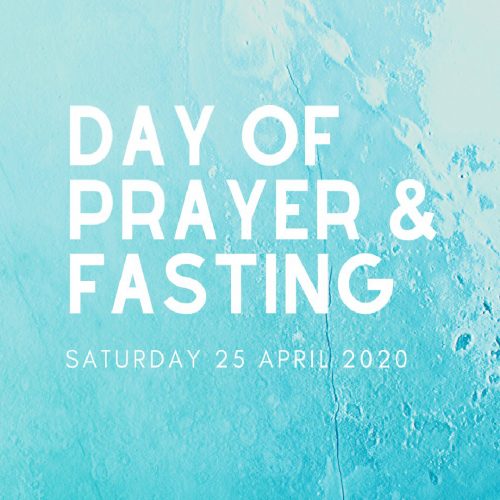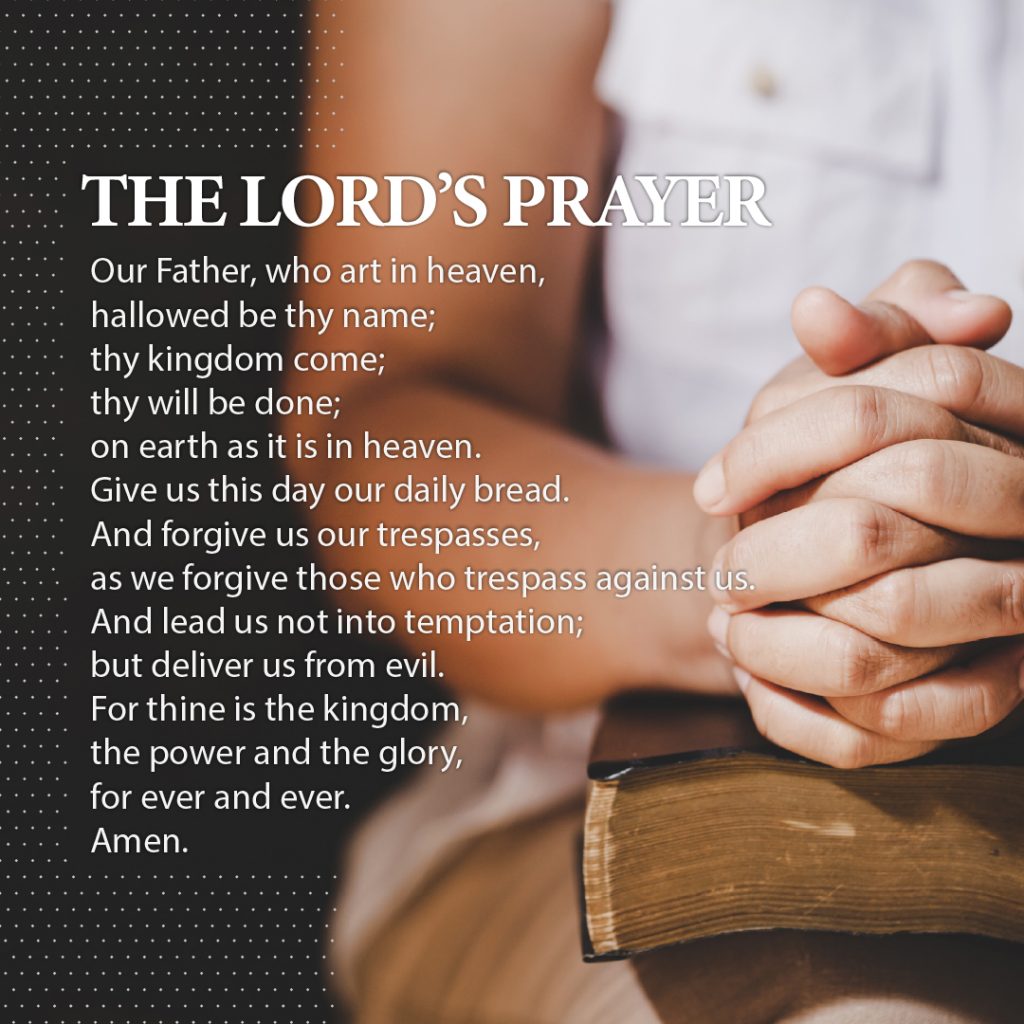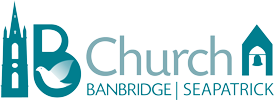
Bishop David has invited us to set aside Saturday 25 April as a day to pray and fast with a focus on healing and evangelism. He also invites us to pray the Lord’s Prayer together with our neighbours at 8.00 pm that evening.
Bishop David writes…
Dear Friends
One of our clergy said to me regarding Easter Sunday past, “While we cannot meet with each other we can still meet with the risen Lord’’.
I have a picture in my heart and mind of people from every parish in our diocese setting aside time on St Marks Day, 25 April to fast and pray. I can visualise hundreds and thousands contacting friends and neighbours to join them in a similar way to how we stand applauding the NHS and concluding that Saturday together “in the presence of the risen Lord” by standing at thousands of doors in hundreds of streets across our diocese at 8.00 pm praying aloud the Lords Prayer.

We can do it together!
Using every means you can, please call your friends, fellow parishioners and others to join with many in this opportunity for us to meet with the risen Lord.
He is risen indeed, Hallelujah!
+David
Prayer Topics
- Please pray on St Mark’s Day and in the days ahead. Come Holy Spirit.
- For those who are sick at this time, that they would be healed (name those known to you).
- For those working in the NHS and other front–line services, that God would protect them (name those known to you).
- For many to come to faith in Jesus in these days (name those that you want to see come to faith in Jesus Christ).
- For a move of the Holy Spirit in your parish (pray by name for your rector, rectory family, church staff, select vestry members and all who hold any office and serve in any way).
- For those who are the decision makers in our nation (pray by name for politicians and others known to you).
- For an outpouring of the Holy Spirit in our diocese (pray by name for Bishop David, his family, the diocesan staff team and their families).
Click here to download some prayer resources.
Thank you
What is fasting?
When we fast, we give up something we normally consume or enjoy (primarily food), to focus on God in that time. It is an intentional time of depending on God, beyond the sustenance of food, or something else.
In the Bible
Fasting is mentioned in both the Old and New Testament as something God’s people do.
Jesus Himself fasted and prayed. These were powerful weapons in the wilderness – Matthew 4:1–11.
It is also mentioned as a personal discipline by Jesus in Matthew 6:16 “When you fast…” He talks about this just after He teaches the disciples about prayer. Prayer and fasting are assumed as normal and important, in our personal lives and at times in the corporate. The Bible also refers to a number of these corporate times, for example: Nehemiah 1:1–4, Ezra 8: 21–23, Esther 4:16, Jonah 3:5–9, Judges 20:26, Acts 13:1–3.
Throughout history, the people of God have cried out to Him in fasting and prayer for: forgiveness of sin, for breakthrough, for deliverance, for guidance.
In more modern times, prayer and fasting have been the response of whole nations, in times of trouble. There is a great example of this in 1940, when George V1 called a National Day of Prayer and many fasted. There were incredible changes in conditions just following that time.
It’s not just about denial
Fasting is not just about denial but exchanging the needs of the physical for those of the spiritual. Be devoted to seeking God’s face during times of fasting. There is often a heightening of our spiritual senses. Read the Bible with expectation, worship Him and pray – listen as well as talking. Pay attention to what He shows you. What is He revealing? What needs to change? You might want to write down any thoughts you have.
Be aware of some spiritual opposition. When you feel the enemy is trying to dissuade or discourage you, ask God to strengthen you in your resolve and use the Word of God as response. This is what Jesus did.
Remember that the purpose of fasting and praying is to draw us closer to God. Fix your eyes on Him. Confess any sins as the Holy Spirit brings them to mind and receive His forgiveness and renewal.
Practical Guidelines
These are most relevant to a one meal or one day fast. Longer fasts may require consideration of other factors.
As with any dietary changes, if you have any concerns about your health being negatively affected by fasting, you should consult with a doctor before beginning.
Individuals with certain health conditions such as diabetes, heart problems and those who are pregnant, should not fast from food. You might choose to fast from something else, besides food, for example coffee, social media, entertainment, screens and devices etc.
When fasting from food
- Resist the temptation to eat a lot more before your fast. Cutting down a little signals to your mind, appetite and stomach that less food is acceptable
- Drink plenty of fluids – water and fruit juice are best to stay hydrated
- Reducing strenuous exercise may help if feeling tired or irritable
- When you begin, you may feel hungry or a discomfort; it’s unlikely to be genuine hunger at this stage, so try to let those feelings spur you on to pray.
- Stepping outside for fresh air or to go for a walk can help if you are struggling with fasting
- It’s a good idea to break a fast with fresh fruit, vegetables and more easily digested foods.
- If you have any concerns regarding physical effects in relation to fasting, do consult your doctor.
